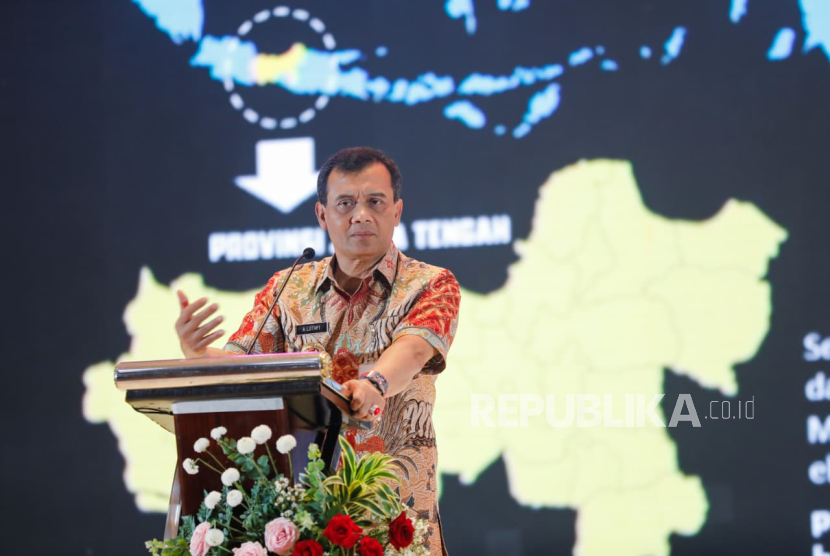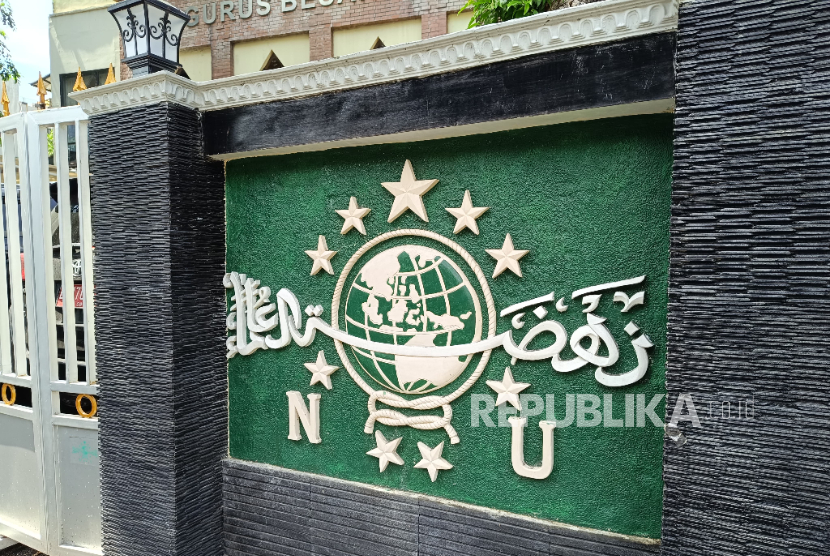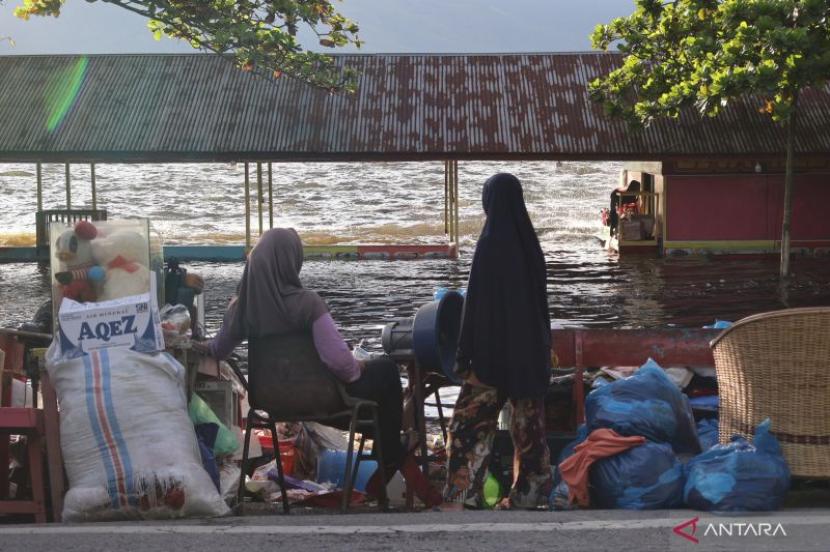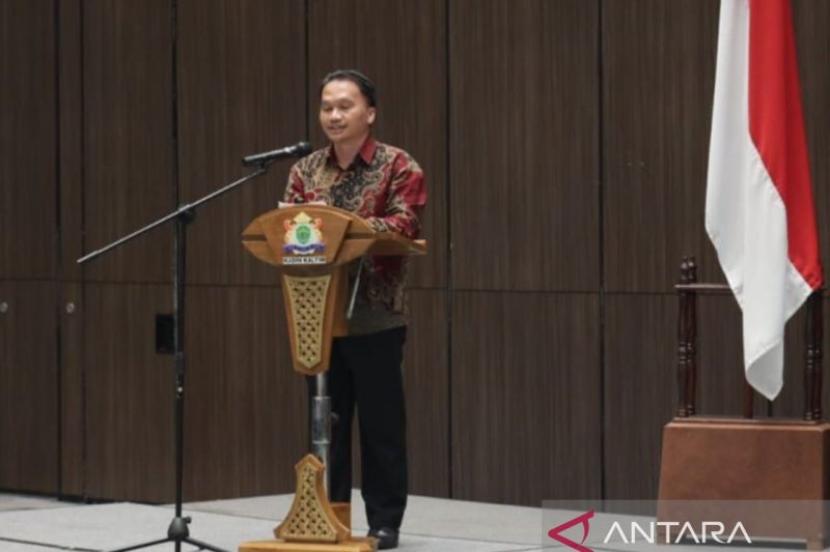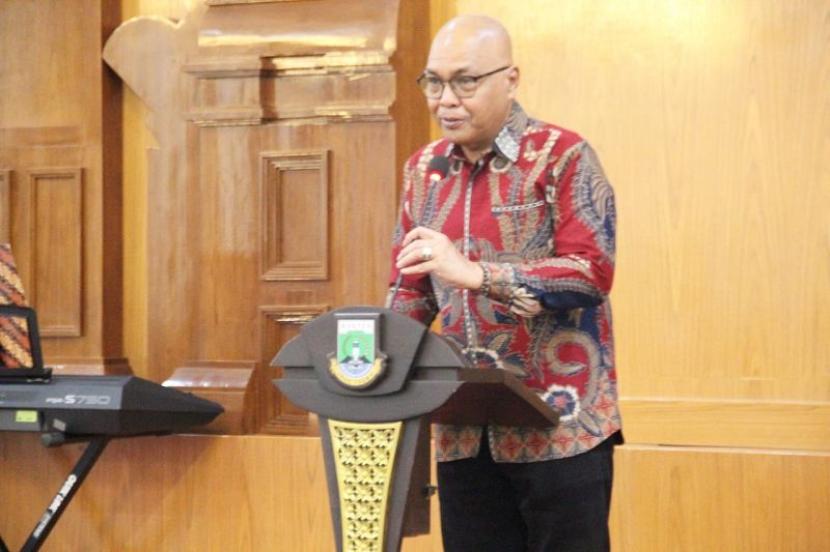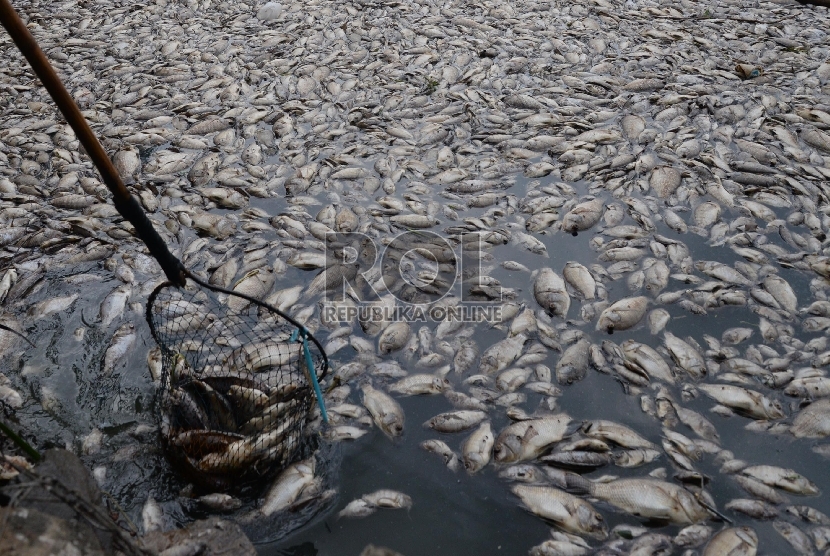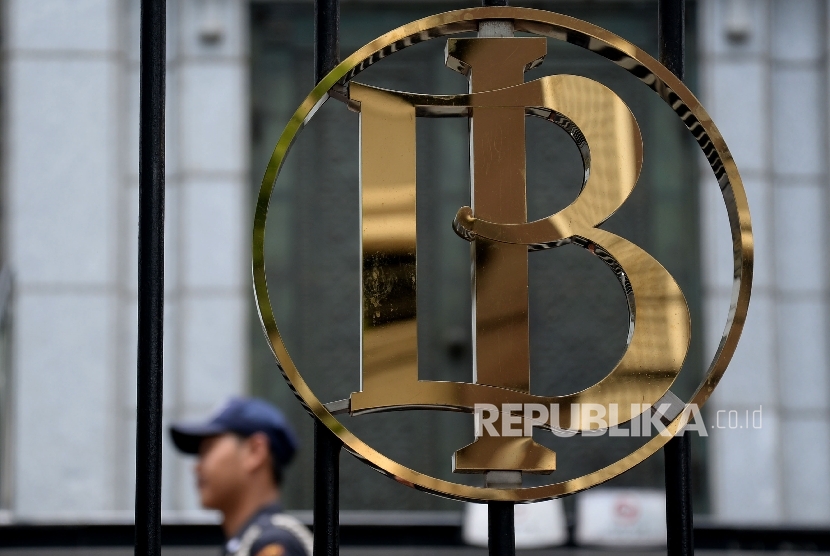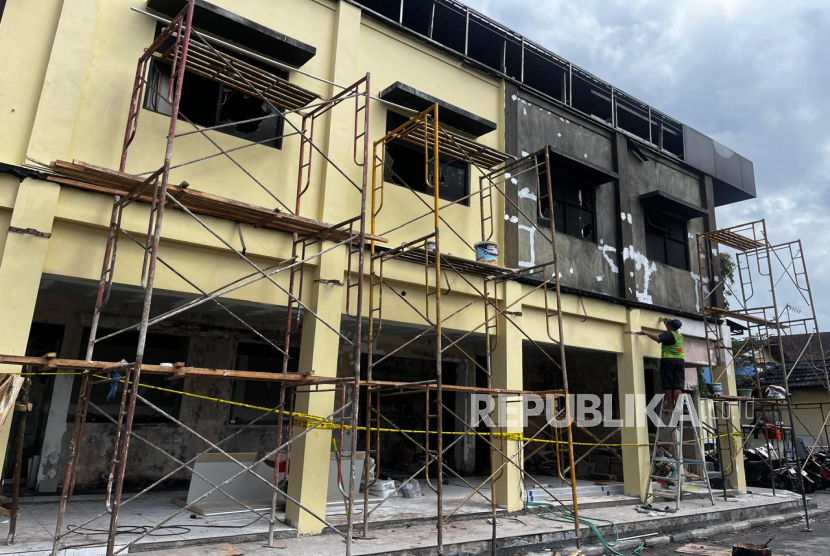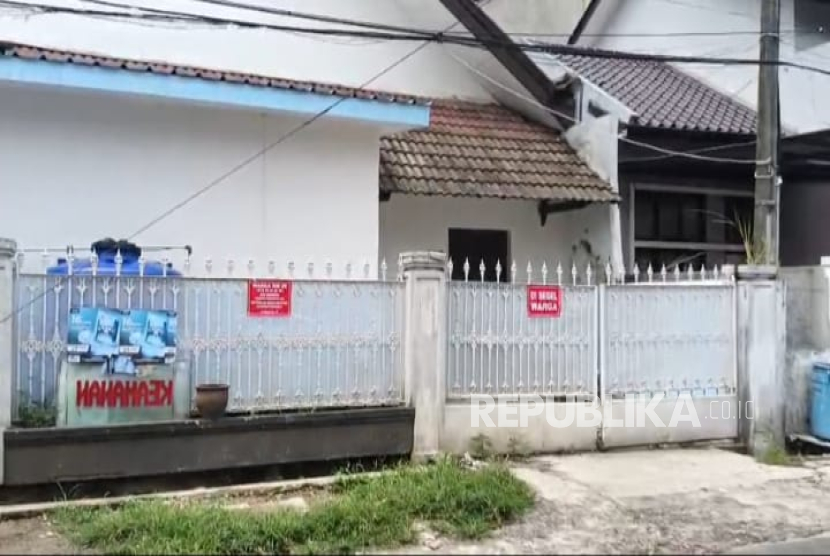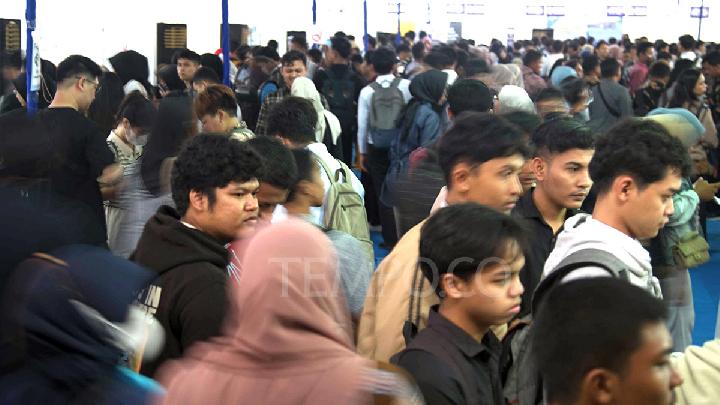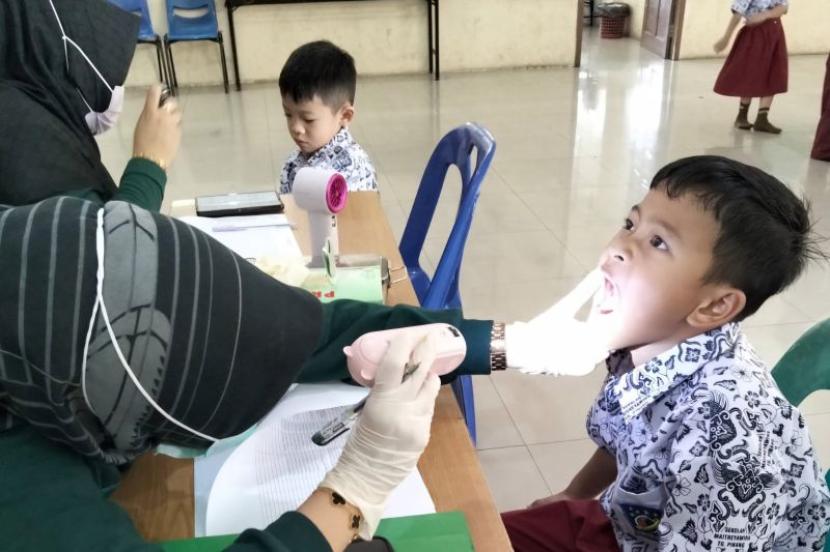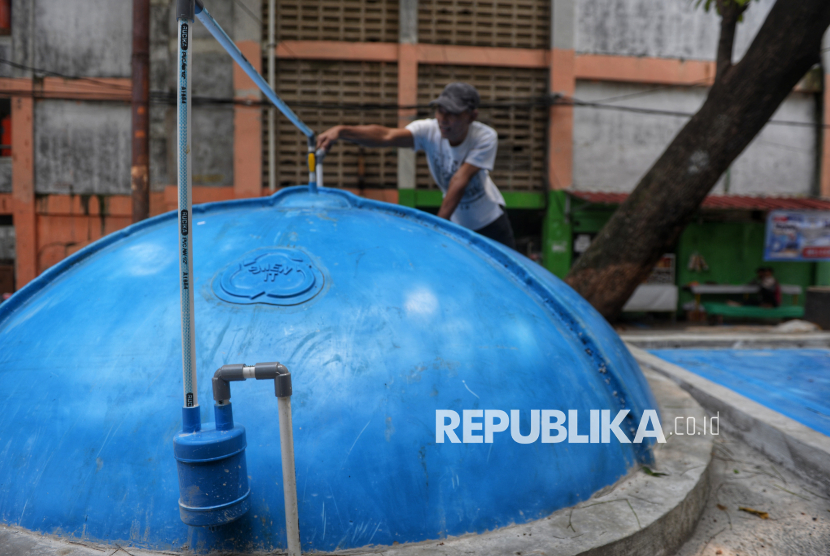August 6, 2025 | 01:57 pm
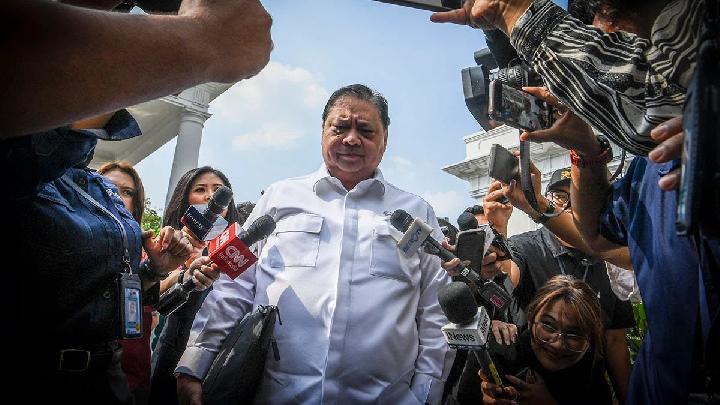
Coordinating Minister of Economic Affairs Airlangga Hartarto denied the allegation of data manipulation pertaining to Indonesia's economic growth. The denial came after doubts over the data released by Statistics Indonesia (BPS) of 5.12 percent growth during the second quarter of 2025.
"There's no (data manipulation)," Airlangga told reporters at the Coordinating Ministry for Economic Affairs office in Jakarta on Tuesday, August 5, 2025.
The former Chair of the Golkar Party explained that according to BPS data, household consumption surged 4.97 percent year-on-year, with household spending contributing up to 54.25 percent to the Gross Domestic Product.
Additionally, investment, or Gross Fixed Capital Formation (GFCF) is up by 6.99 percent. Airlangga also highlighted the growth of electronic money transactions by 6.26 percent y-o-y, as well as marketplace transactions, which saw 7.5 percent quarter-to-quarter growth.
"Due to our policies, the transportation sectors, whether it's aviation, trains, or toll roads, the domestic tourist travel grew 22.3 percent," said Airlangga, adding that the number of jobs created from February 2024 to February 2025 was close to 3.6 million.
Previously, Nailul Huda, the director of the Digital Economy Center at the Institute for Economic and Legal Studies (Celios), flagged anomalies in the BPS data.
According to Nailul, one irregularity is the higher growth in the second quarter compared to the first quarter, even though the first quarter included the Ramadan and Eid al-Fitr periods.
In previous years, the highest quarterly growth typically occurred during Eid al-Fitr.
“In the first quarter of 2025, growth was only 4.87 percent, so it seems anomalous that the second quarter reached 5.12 percent,” he added.
The second anomaly, according to Nailul, lies in the manufacturing sector data. BPS reported that the processing industry grew by 5.68 percent y-o-y and contributed 1.13 percent to overall economic growth.
However, during the April to June 2025 period, Indonesia's Manufacturing Purchasing Managers’ Index (PMI) fell below 50 points, indicating contraction.
“This means companies are not significantly expanding,” Nailul said.
He added that conditions in the manufacturing industry appear to be worsening, pointing to a 32 percent year-on-year increase in layoffs between January and June 2025.
The third anomaly he noted is in household consumption, which grew by only 4.96 percent. According to BPS, household consumption makes up 54.25 percent of Gross Domestic Product (GDP) and contributed 2.64 percent to overall growth.
“The lack of synchronization between economic growth data and leading indicators makes me personally question the reliability of the figures released by BPS,” he said.
He called on BPS to provide a detailed explanation of the methodology used, including the indices applied to calculate value added across sectors and expenditures.
Editor’s Choice: List of Indonesian Regions with Highest Economic Growth, According to BPS
Click here to get the latest news updates from Tempo on Google News
List of Indonesian Regions with Highest Economic Growth, According to BPS
58 menit lalu

BPS reported that Sulawesi and Java recorded the highest economic growth among all Indonesian regions in the second quarter of 2025.
Indonesia's Economic Growth Highest in ASEAN, Says Minister Airlangga
16 jam lalu

Coordinating Minister for Economic Affairs Airlangga Hartarto stated that this growth rate is among the highest in both ASEAN region and G20 nations.
Indonesia's Household Consumption Grows 4.97% Annually in Q2 2025, Says BPS
21 jam lalu

The Central Statistics Agency (BPS) said that household consumption contributed 54.25% to the nation's Gross Domestic Product (GDP).
Indonesia's Economy Grows 5.12% in Q2, but Expert Flags Data Anomalies
23 jam lalu

BPS reported 5.12 percent year-on-year economy growth in Q2 2025, but Celios economist questioned the data, citing several anomalies.
Indonesia's Economic Growth Once Exceeded 8 Percent, Says DEN
7 hari lalu
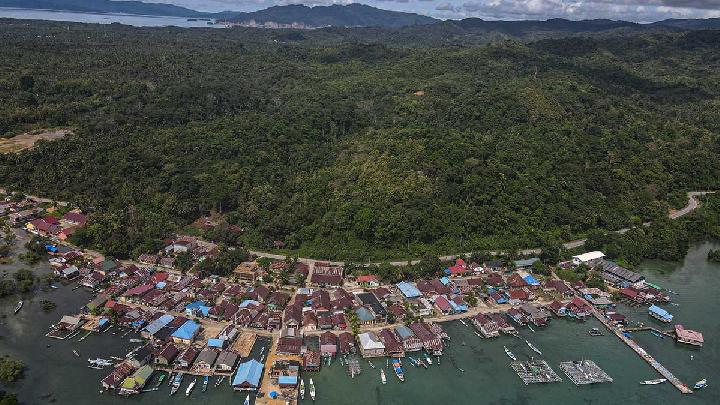
A member of the National Economic Council (DEN) highlighted deregulation as a key factor behind Indonesia's impressive economic growth in the 1980s.
BPS Breaks Down the Different Types of Unemployment in Indonesia
8 hari lalu

According to the BPS, there are different types of unemployment, one of which is underemployment, defined as working fewer than 35 hours per week.
Indonesia's 10 Provinces with the Highest Poverty Rates
11 hari lalu

List of the 10 provinces in Indonesia with the highest percentage and number of poor people in March 2025.
29,000 Indonesians Lifted Out of Poverty in South Sumatra
11 hari lalu

BPS records that 29,000 people in South Sumatra, Indonesia, have successfully escaped the poverty line.
BPS: Urban Poverty on the Rise as Poverty Rates in Rural Areas Drop
11 hari lalu
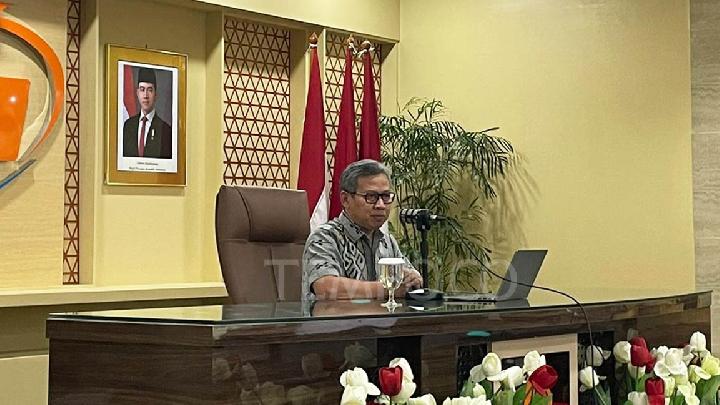
BPS records an increase in urban poverty due to unemployment and food prices, while poverty in rural areas experiences a decline.
Indonesia's Extreme Poverty Rate Falls to 0.85% in March 2025, Claims BPS
12 hari lalu

Indonesia's extreme poverty calculation adheres to the World Bank's 2017 standard, rather than the new one.

